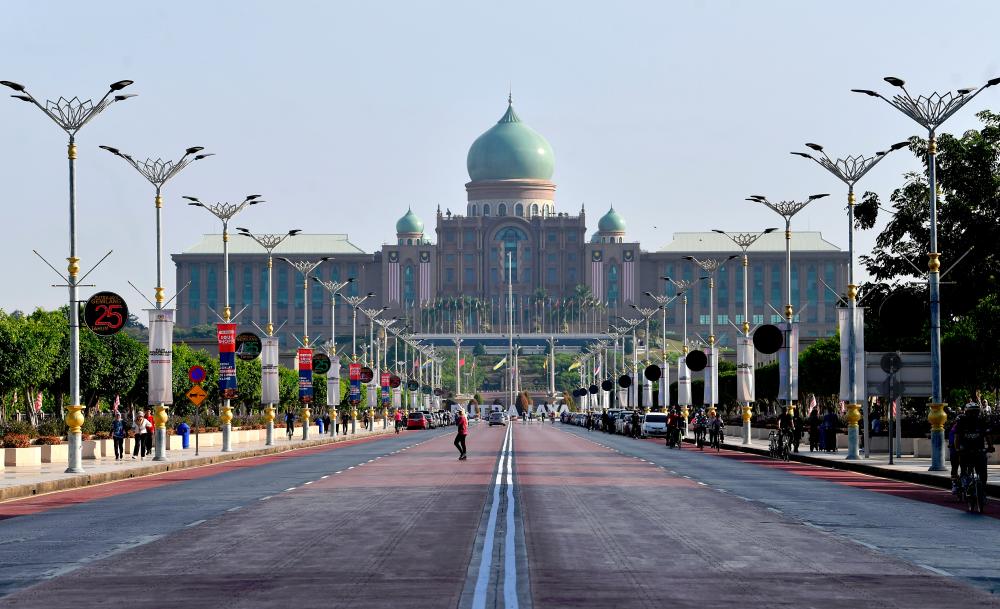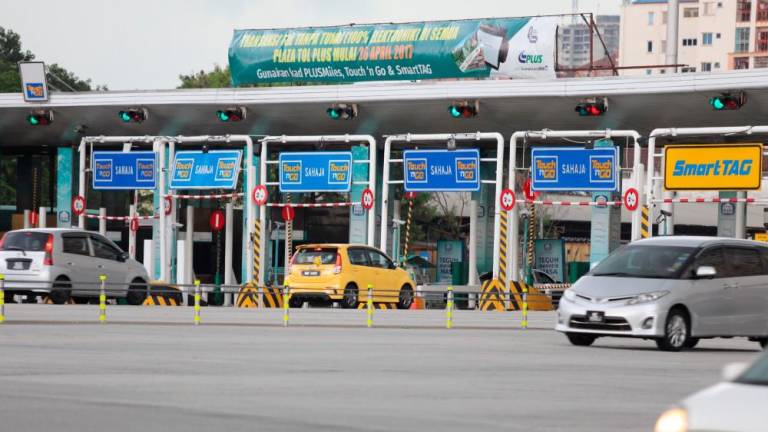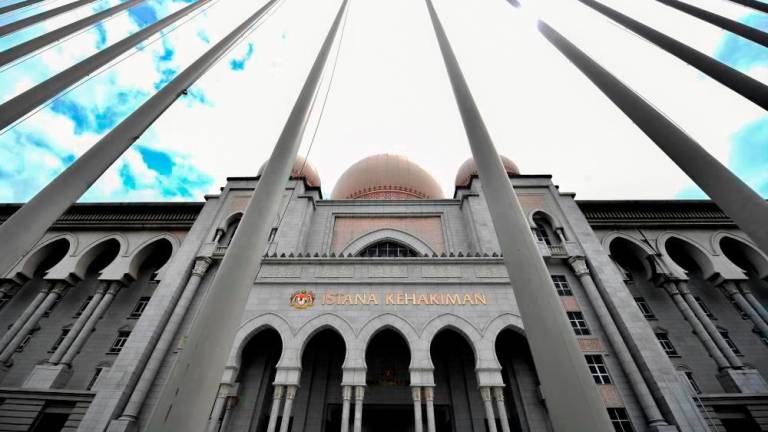PETALING JAYA: The government needs to reassess its policies to assist the people, considering the global economic slowdown is also affecting Malaysia, said Universiti Tun Abdul Razak economist Dr Barjoyai Bardai.
He said Malaysia’s open economy, which is export-based, must be ready to face the consequences if the slowdown becomes a protracted global recession.
“The government has to work hard on improving public perception of the economy. It can do so by using the monthly and quarterly data that it collects about how households and businesses view the economy.
“This is a very important indicator because it will provide the government with information about what needs to be done to help improve public view of the economy.”
He said he agreed with the view that the economy will face difficult times, but it will only be for the next two years as growth is projected to be around 4.5% this year and about 3.5% next year.
Barjoyai added that the national economy will peak in 2025 or 2026, when there will be high growth after two years of pain.
He also said the people’s sentiment will become upbeat once they start to see the economy improving.
Only 35% of Malaysians polled said they and their families would be economically better off in five years, according to a yearly study conducted by global communications firm Edelman.
The 2023 Edelman Trust Barometer released during the World Economic Forum last week pointed out that Malaysians’ trust in the economy dropped by 20 percentage points since the 2022 edition, and is currently at an all-time low.
In terms of trust in the economy, Malaysia was ranked 13th among 28 countries studied last year. It was placed between Ireland (31%) and Singapore (36%). Malaysia was also the most pessimistic among the developing countries polled.
Edelman said the online survey has been conducted every year for the past 23 years. The survey for Malaysia was conducted in the Malay language.
In his New Year speech, Prime Minister Datuk Seri Anwar Ibrahim reiterated his pledge that economic revival and improving the people’s living standards are top priorities. Last week, he launched the Malaysia Madani blueprint for his administration to realign the country’s direction.
Universiti Utara Malaysia economist Dr K. Kuperan Viswanathan said public pessimism about economic growth is a global trend as countries are just coming out of the Covid-19 pandemic.
He said during the pandemic, economies around the world suffered and people were hoping for a recovery, but the world was hit by a double blow – the supply chain disruption and the Russia-Ukraine war.
He said people had hoped the war in Ukraine would end quickly and there would be a peace dividend, but that did not happen and the war continues and is hurting the global economy.
He said the two issues contribute to low economic growth globally and that would add to public pessimism about the national economy.
“The country’s economy is expected to grow 4.5% to 5.5% but this will not help change public perception about the economy immediately.
“Other contributing factors are the high inflation and increasing cost of living. But wages have not grown in tandem with these, making it harder for people to make ends meet,” said Kuperan.
However, he said the silver lining is that Malaysians are lucky as inflation has not gone out of control, unlike what happened in Europe and the UK, where the cost of living is far higher than in Malaysia.













